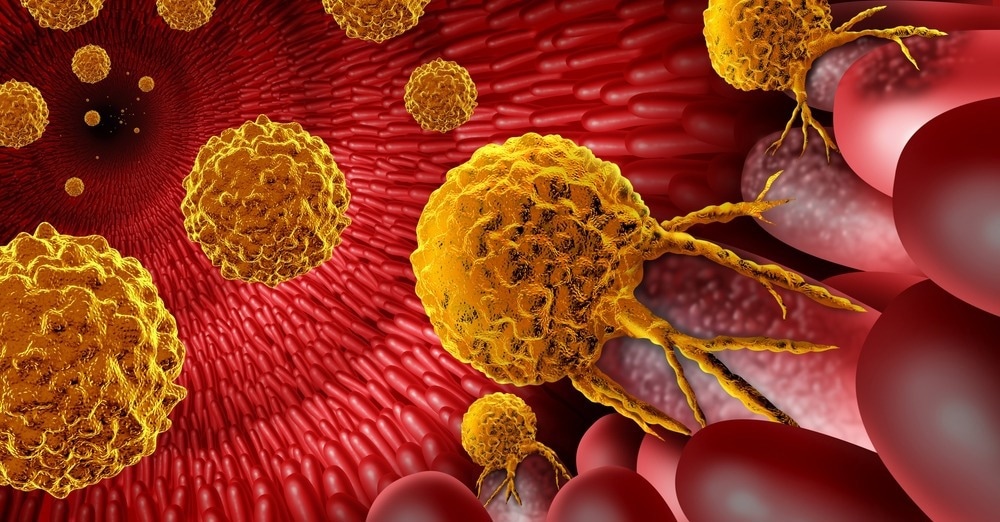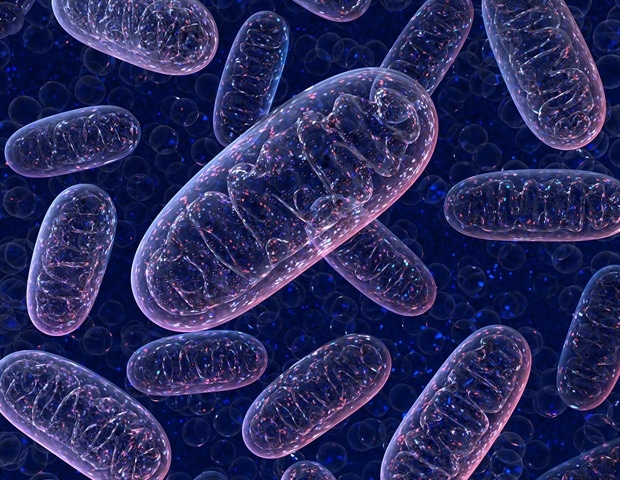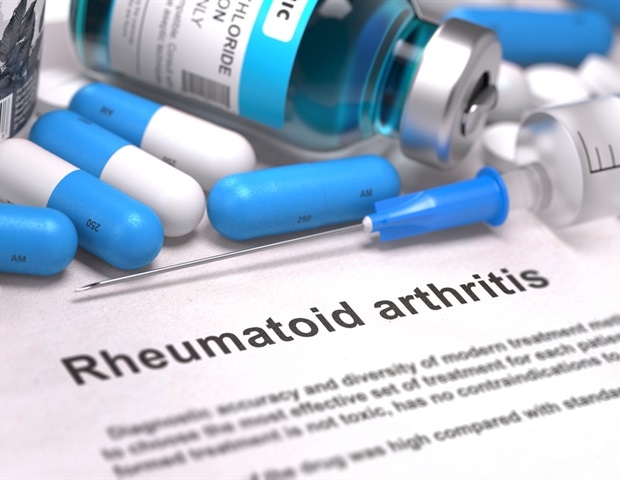Early trial shows a specialized diet enhances immune cell activity and improves the effectiveness of immunotherapy in colorectal cancer patients

Colorectal cancer (CRC) ranks third on the list of global cancer killers, accounting for an increasing number of deaths. Immune checkpoint inhibitors (ICIs) have shown poor efficacy against these tumors. A recent study in Cell Metabolism examines the effect of a serine/glycine-free diet on tumor growth, especially with regard to ICI therapy.
Background
ICIs have been approved for the treatment of CRC. A group of immunotherapeutic agents called programmed death-1(PD-1) inhibitors shows lower efficacy among CRC patients.
Only 15% of patients with mismatch repair proficient/microsatellite stable (pMMR/MSS) characteristics benefit from this therapy. In contrast, patients with deficient mismatch repair/microsatellite stability high (d-MMR/MSI-H) CRC respond completely to PD-1 inhibitors. This includes increased tumor neoantigen expression with active immune cell infiltration of the tumor.
Altering the immune state and the tumor microenvironment could enhance the efficacy of immunotherapy. One way to achieve this is to deprive the tumor of nutrients.
Serine/glycine and lactate for cancer cells
Cancer cells have a high metabolic rate. They consume serine, glycine, and other amino acids throughout the cancer’s lifecycle, from initiation to metastasis. This supply is also key to the tumor’s immune evasion.
Cancer cells rely on the anaerobic breakdown of glucose for energy, producing large amounts of lactate. At high concentrations, lactate induces an immunosuppressive TME.
Tumor-associated macrophages shift towards the M2 phenotype. CD8+ T lymphocytes and natural killer (NK) cells shift away from cytotoxicity, impairing cell-mediated antitumor immunity. Lactate also enhances regulatory T cell (Treg) activity within the tumor, modulating antitumor immune responses.
Prior studies have explored the impact of a serine/glycine-free diet (-SG diet). However, not much is known about how this affects colorectal cancer (CRC) incidence or mortality rates. This spurred the present study, which examines the impact of the -SG diet on the TME on CRC growth and cell-mediated antitumor immunity, focusing on tumor-infiltrating cytotoxic T cells.
-SG diet inhibits tumor growth
In vitro
The -SG diet inhibited the growth of CRC cells in culture. The anti-proliferative effect was coupled with a delay in entering the synthetic phase of the cell cycle. Meanwhile, apoptotic markers increased, with dramatically fewer migration cells compared to cells grown in a normal medium.
In vivo
In mouse models, the -SG diet suppressed tumor growth without reducing body mass. Knocking down the SG transporter did not enhance tumor suppression in this group, but it significantly reduced tumor growth in the controls.
Blood levels of serine and glycine decreased in mice on the -SG diet. The accompanying reduction in tumor cell proliferation supported the in vitro findings. The antitumor effect appears to be due to increased cell-mediated immune destruction, as shown by larger areas of necrosis and increased apoptosis within the tumor.
-SG diet and T cells
The -SG diet altered the TME and renewed cell-mediated antitumor immune responses. It promotes and augments T cell receptor (TCR) diversity and antigen specificity, thus inducing a strong T cell response to specific tumor cell epitopes. Cytotoxic T cells accumulated in the tumor,
This effect was driven by the differentially increased expression of lymphocyte differentiation and activation genes in the -SG diet group vs controls. Both B and T-cell-mediated immunity was enhanced. The -SG diet thus acts by driving tumor-infiltrating lymphocytes to differentiate into cytotoxic effector CD8+ T cells.
In support of this observation, significant attenuation of the antitumor effect occurred following the depletion of CD8+ T cells. This also led to a marked reduction in PD-L1 expression, with a corresponding increase after their reinfusion.
The mixed impact of the -SG diet
Under the pressure of the -SG diet that recruits and rejuvenates cytotoxic CD8+ T cells, tumor cells also mutated and expressed immune checkpoint molecules such as PD-1 and its ligand, programmed death-ligand 1 (PD-L1), at higher levels, aiding immune evasion.
Increased lactate concentrations in hypoxic conditions induced PD-L1 lactylation within the tumor cells. This increases PD-L1 levels by inhibiting its breakdown by lysosomes. This is thus a negative regulatory mechanism.
For this reason, PD-1/PD-L1 inhibitors are required to maintain robust antitumor immunity PD-L1 inhibitors acted together with the -SG diet to rejuvenate cytotoxic CD8+ T cells and enhance antiproliferative effects on tumor cells, reducing tumor size in CRC compared to anti-PD-1 alone.
Notably, the addition of anti-PD-1 increased the antiproliferative effect only in the control group. It did, however, increase tumor PD-L1 expression in the -SG group.
Safety study
In a single-arm phase 1 study, the -SG diet was shown to be feasible and safe as an immunoregulatory measure in CRC patients.
Conclusions
A serine/glycine-free diet reduces tumor growth and strengthens the immune-mediated killing of tumor cells by inducing a robust T-cell response to tumor neoantigens.
Conversely, it promotes immune evasion by inducing PD-L1 lactylation, thus stabilizing the molecule against lysosomal degradation. This enhances tumor immune evasion.
This is a novel finding from this study and indicates possible immunotherapy targets, such as increased PD-L1 on the tumor cells. Tumor metabolism or neoantigen expression presents another target that could increase tumor susceptibility to immune-mediated killing.
Moreover, a phase 1 clinical trial demonstrated the safety and feasibility of a serine/glycine diet, which could be coupled with immunotherapy for solid CRCs.
The findings extend prior studies on the SG diet, demonstrating its impact on the TME, T cell recruitment, and induction of the T cell cytotoxicity phenotype.
The increased CD8+ T cell activation and infiltration observed on the -SG diet contrast with most earlier studies and with the authors’ in vitro findings. Based on the effects of the -SG diet and lactate on tumor cells, the authors have offered several explanations for this paradox.
Larger trials are required to validate these results, which could uncover promising therapeutic approaches for solid tumors.








